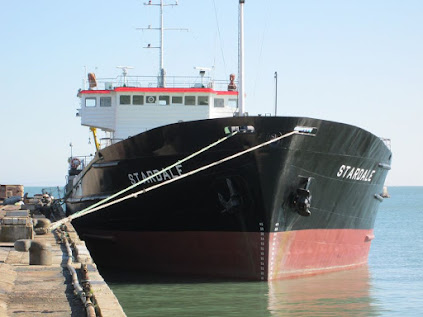Every day, thousands of tonnes of bulk cargo are moved across the globe.
Simple, daily activities such as gassing up our cars, pouring milk in our
cereal, or else adding salt to our food might or else be hard to do if it
weren’t for carriers that transport things like cement, grain, ore, steel, plus
coal. Bulk vessel chartering can be
challenging to ship, but fortunately, we have specially-built bulk carrier
ships that are intended to carry these goods around the globe.
 |
| Bulk Carrier Chartering |
These chic bulk carrier chartering make sure durability, security, competence, and ability and account
for 21% of merchant fleets in the globe. These huge ships, particularly those utilized
to carry mineral ores, can transport as much as 400,000 metric tonnes of
burden. In this blog, we break down precisely what bulk shipping is, how it
works, and how it can assist your business.
What Are
Bulk Shipments?
These are shipments that are loaded straight into the holds of the
shipping vessel, without being packaged. Unlike other items that are shipped in
individual packages or else containers, bulk items are shipped freely and
unpackaged. Let’s make the feature clearer: goods can be classified into
unitary or else general cargo and bulk cargo. Unitary goods are transported in
packages or else containers like pallets, sacks, and TEU containers, and the
total load is counted in units.
On the other hand, bulk cargo is shipped in gigantic quantities with no
packing or else packaging. As such, the means of transport itself acts as a
container, and the cargo is measured using volume or else mass measurements. As
a result, bulk shipping is the action of transporting bulk cargo from one place
to another in a large quantity that is burdened straight into a shipping
vessel.




Comments
Post a Comment